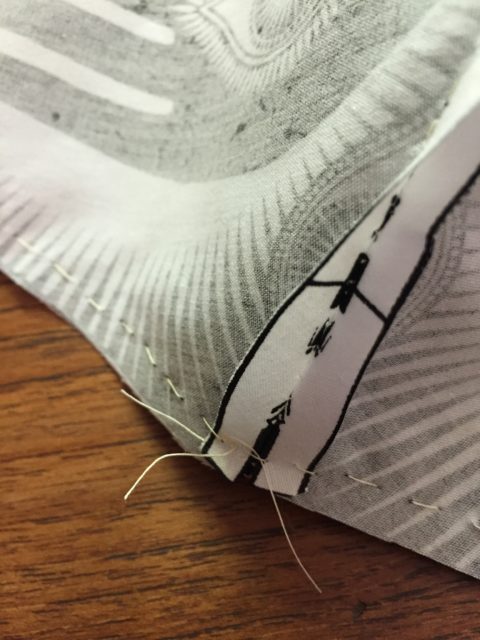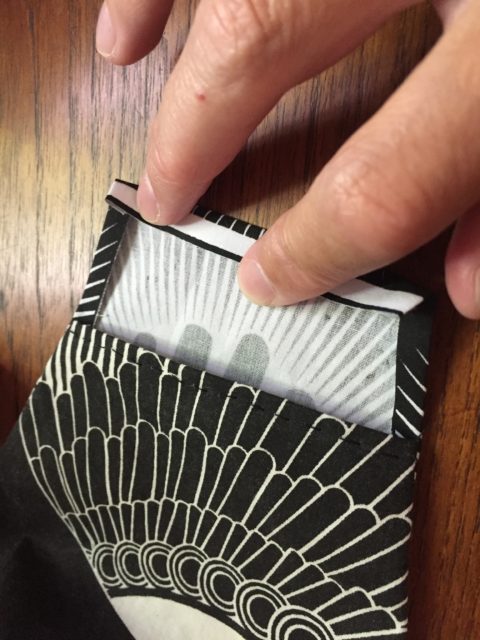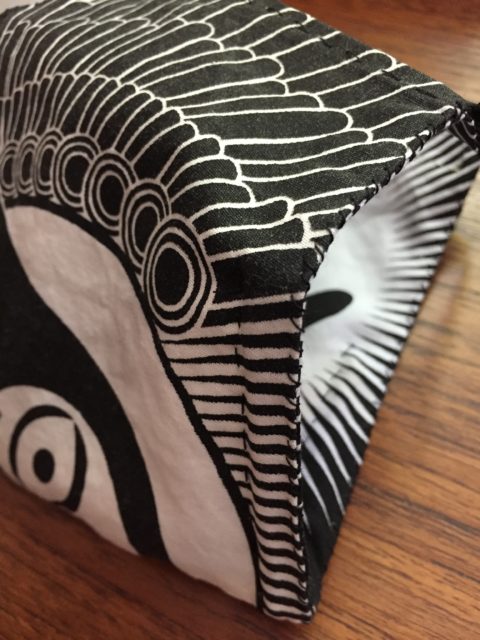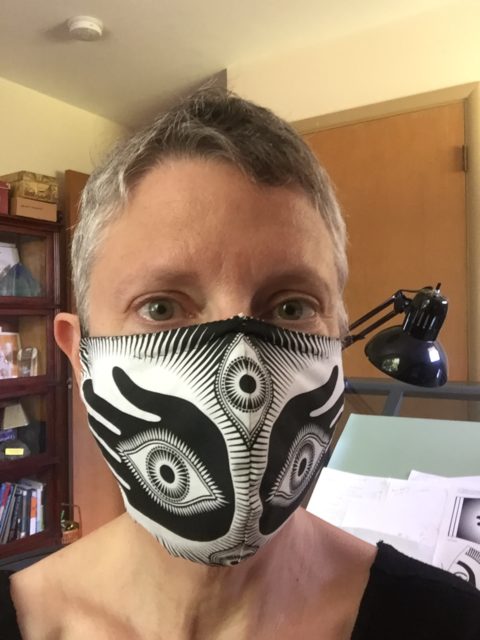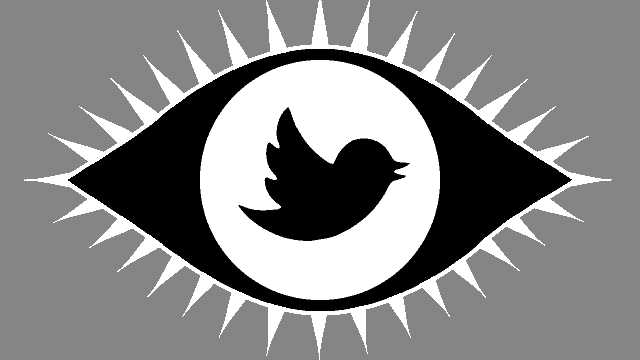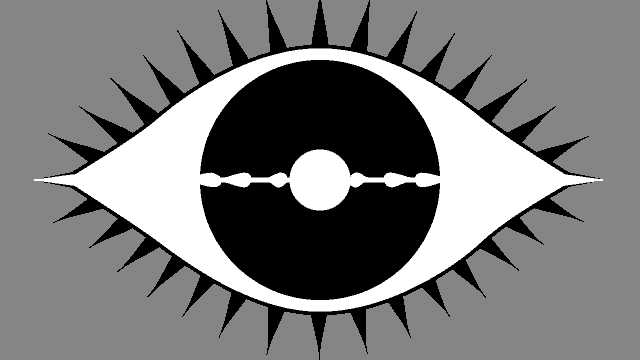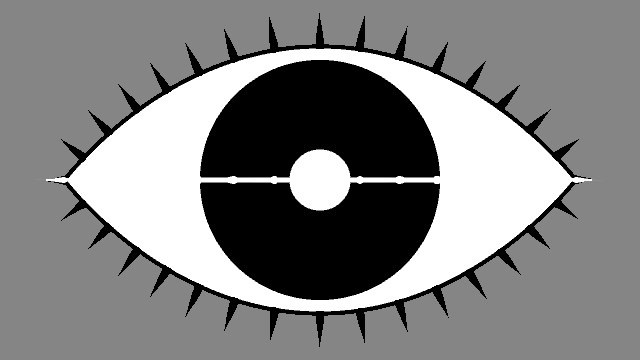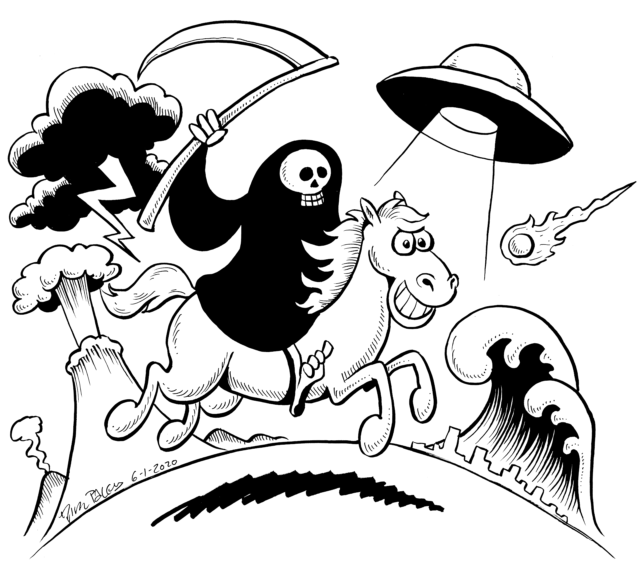Last week, on various social media, I shared this brief thought:
I’m starting to find virtue signaling frightening, rather than just annoying, because virtue signalers are the same people who cancel (ie lie, denounce, and attack). Virtue signaling and cancel culture are two sides of the same increasingly troubling coin.
This led someone on fecebook to ask:
“What is the difference between virtue signalling and actually believing in something and wanting to spread the word about it? Asking seriously. I have only seen virtue signalling used as a phrase by Republicans who don’t believe in the cause being promoted.”
To which I replied:
That’s a great question! I am not a Republican, and I actually agree with the messages being used right now to signal tribal loyalty. Like a religious behavior – “praise Jesus!” – one can only ask oneself what one’s motives are.
The signaling happening at the moment has many layers. Yes, the messages are good. It’s also a “safe” time to share them. Suddenly it has become very important for white people to express their concern for black lives, when in fact we’ve been aware of police brutality for years or decades. It would have been much riskier to share these messages 60 years ago, but we weren’t alive then. (Funny, then, that expressing righteousness at that time was quite different, even though we are not inherently superior to our forebears.) It was not risky, say, last year, yet far fewer were doing that then, because there wasn’t a “movement” directing our attention.
It’s pretty clear that there are social rewards for white liberals to share BLM messages at the moment, and, increasingly, social punishments for not (“silence is violence!”), and most of us want to feel safe, so we know what to do. Even asking questions can get you publicly denounced right now. I do not expect people to deeply examine their motives, but I do examine mine, and when even a message I agree with is mixed with so much threat and reward, I pause. All mobs feel righteous. I am extremely wary of mobs and sensitive to mob behavior, and do not want to be part of them.
Another layer is White Guilt, which Shelby Steele wrote very eloquently about 20 years ago. White liberals are hungry to discharge guilt, and ironically use black people, and what should be a black liberation movement for black people, to do it. This isn’t all bad; white people can be useful to this movement, but the white liberal hunger is there, and it’s ruthless, and it causes problems. All we can do is examine our motives.
The social rewards for virtue signaling, and threats for not, come from other white people. White people use black people and a black movement to signal to other white people, and maintain or raise our status in white society. I have some black friends, but most of my social contacts are white. Like any good white liberal, I have anxiety about this. If only I could fix my society’s history of segregation by racially integrating my social life more! Like any good white liberal, I tried harder when I was younger, only to discover that most (healthy) black people don’t particularly like being used by white people this way, and that white hunger to discharge guilt is not a solid base for friendship.
But don’t we want to be “ALLIES”?? The best allies are like that asshole at your dinner party who tries to be “helpful” by getting in your way in the kitchen. (The worst allies are far worse.) I used to be a liberal feminist who thought we needed male “allies” to liberate women. Now I understand that women’s liberation is for and by women, and any man claiming to be a “feminist” is usually a misogynist using women to manage his male guilt. From the outside, it looks to me like a surplus of white “allies” has the same corrosive effect on any movement for black liberation, which should be for and by black people. Like that performative “helpful” dinner guest in your kitchen, like men claiming to be feminists, white liberals who want to help black liberation should just get out of the way.
Any involvement I have in black liberation is only going to come at the request of black people – specifically black women, specifically black radical feminists, whose narratives about current events differ from the mainstream and “alternative” media’s. Unsurprisingly, no one has asked me yet. I’m here if they do, but meanwhile my white guilt is my problem to deal with, not theirs.


